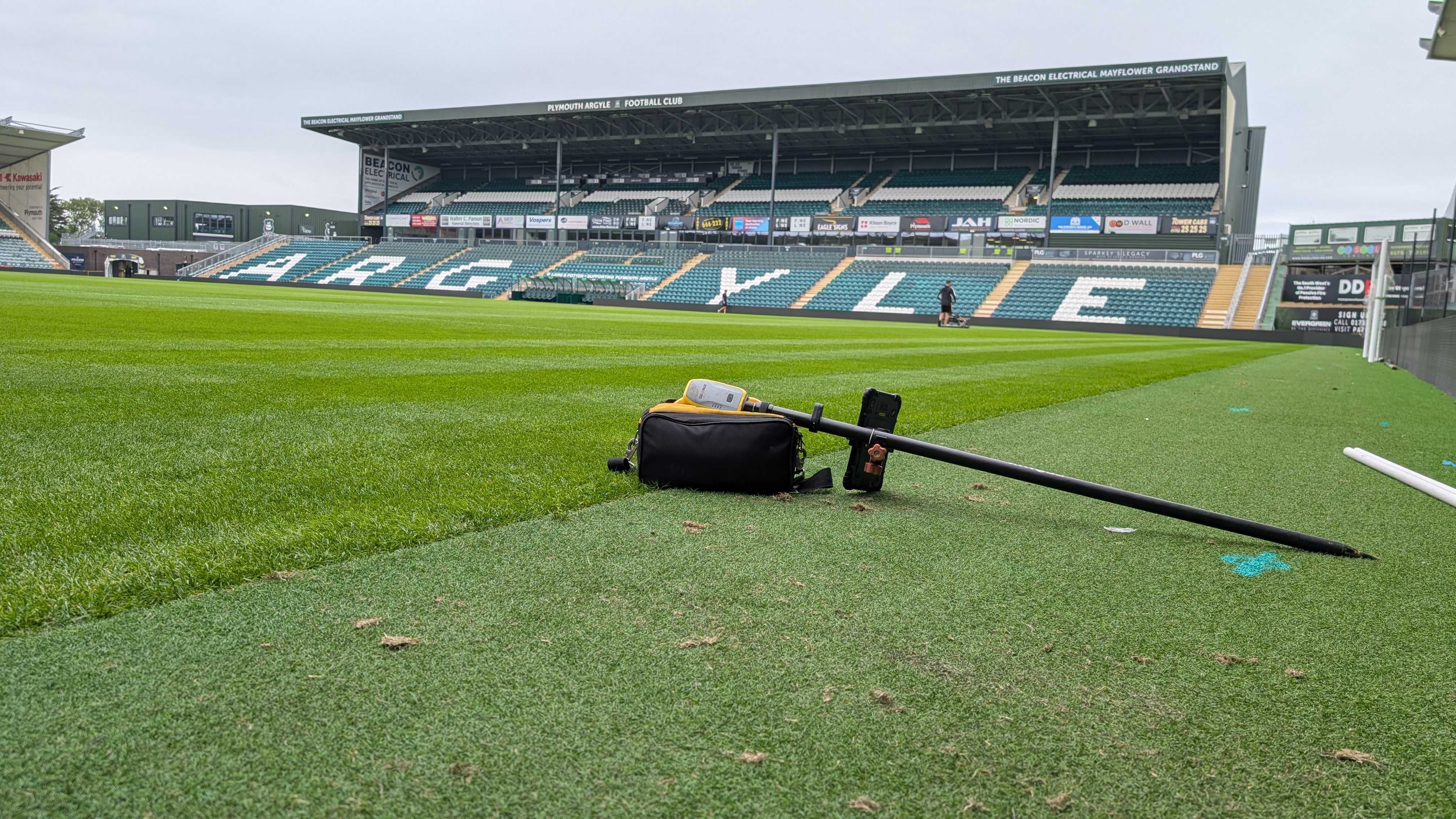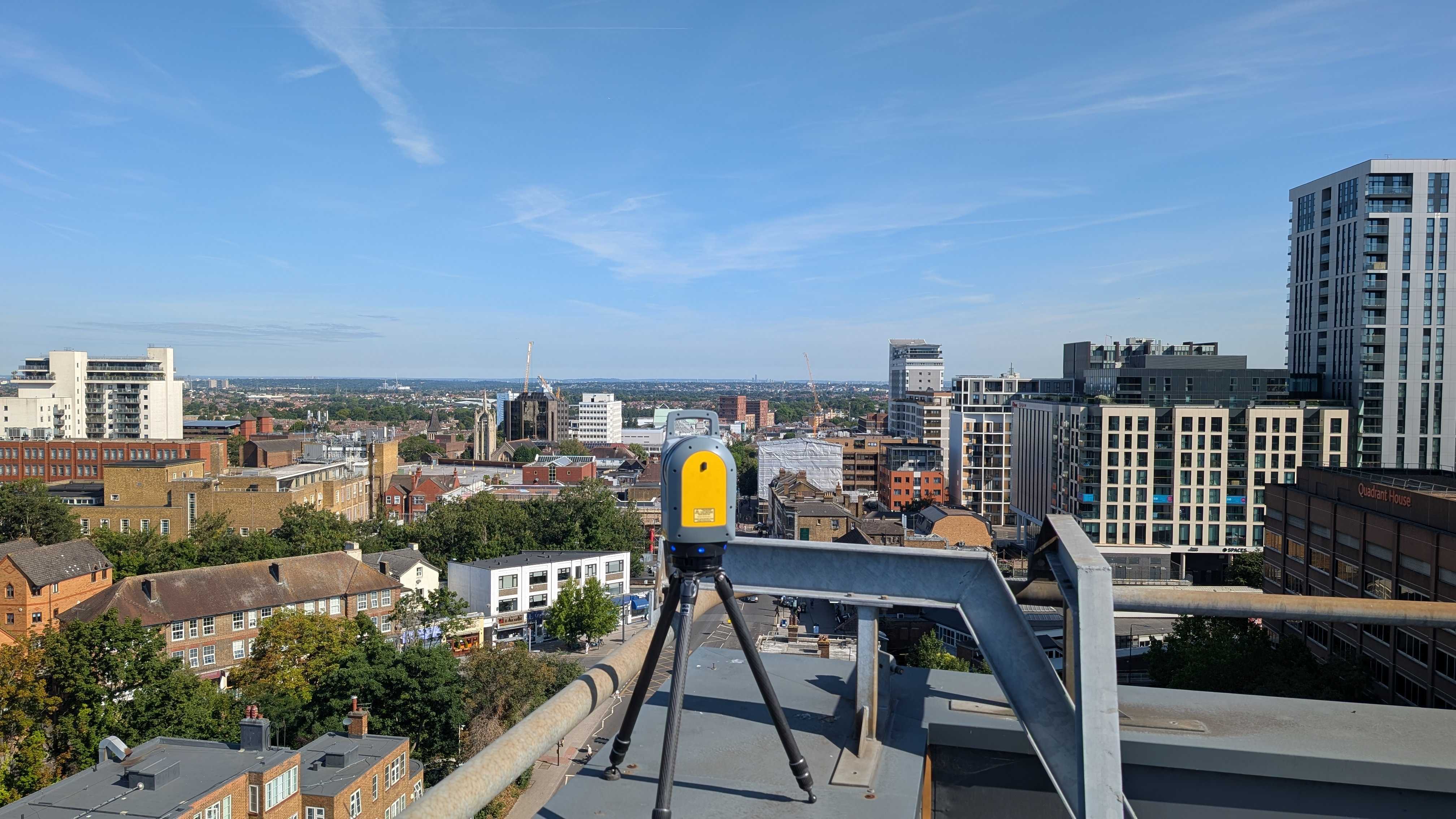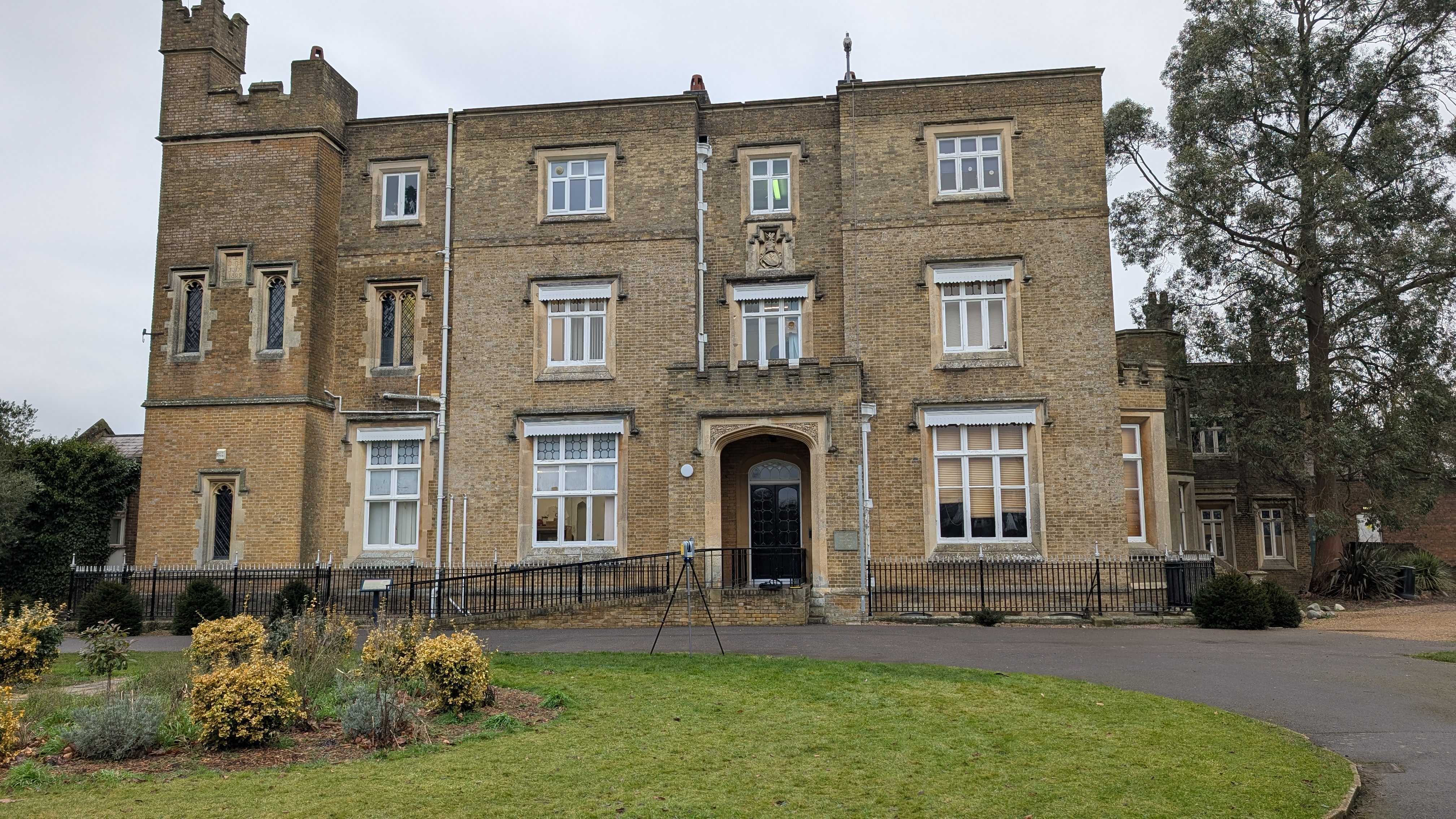When thinking about construction projects, success depends on precision, efficiency, and informed decision-making.
At the heart of these dependencies lies the often-overlooked yet indispensable tool: measured building surveys.
These surveys are not merely expenses but invaluable assets that significantly contribute to project success. In this blog, we delve into the benefits of measured building surveys for construction projects, highlighting how they streamline processes, save costs, and elevate project outcomes.
Firstly, let’s explore the negative effects of not having a measured building survey.
Underestimating The Value Of Measured Building Surveys
In construction projects, it's not uncommon to underestimate the value of investing in measured building surveys.
This misconception often stems from viewing surveys as unnecessary expenses rather than crucial tools for enhancing project planning, design, and decision-making processes.
However, this can have significant repercussions, leading to missed opportunities for optimising project outcomes and efficiency. By failing to recognise the pivotal role of measured building surveys, clients risk encountering challenges such as inaccurate measurements and increased project costs.
Addressing this issue is crucial to ensuring that you fully appreciate the benefits that measured building surveys bring to construction projects. And what are these benefits?
Demonstrating The Tangible Benefits
- Cost Savings
Who doesn’t want to save money on their project? Measured building surveys offer substantial cost-saving opportunities throughout the construction process. By providing accurate data on building dimensions and features, these surveys minimise material waste and prevent costly errors. For example, precise measurements allow for optimal material ordering, reducing excess purchases and avoiding unnecessary expenses.
- Time Efficiency
Efficiency is crucial in construction projects, and measured building surveys play a vital role in optimising project timelines. By providing detailed information upfront, surveys streamline the planning and execution phases, saving valuable time. For instance, accurate data from surveys allows you to design with confidence, minimising the need for revisions and delays.
- Improved Project Outcomes
Everyone wants their project to be successful. Accurate measurements and detailed insights obtained through these surveys allow you to make informed decisions and develop high-quality designs. For example, precise data enables architects to create designs that seamlessly integrate with existing structures, enhancing overall project cohesion and functionality.
Ultimately, the use of measured building surveys contributes to enhanced project outcomes, including superior quality, client satisfaction, and long-term value.
Embracing The Value Of Measured Building Surveys
Measured building surveys stand as indispensable tools in the construction industry, offering a range of benefits that enhance project planning, execution, and outcomes.
Despite initial misconceptions, it's clear that investing in these surveys offers significant returns in terms of cost savings, time efficiency, and improved project outcomes.
We encourage our clients to recognise the potential of measured building surveys and get in touch to leverage their benefits!
FAQs
- Why should I invest in a measured building survey for my construction project?
Investing in a measured building survey provides accurate data, reducing material waste and preventing costly errors. This leads to better planning, efficient resource use, and overall cost savings.
- How do measured building surveys save time during construction?
Measured building surveys streamline project timelines by providing detailed, accurate information upfront. This minimises revisions, accelerates decision-making, and ensures projects progress smoothly and meet deadlines.
- What impact do measured building surveys have on project outcomes?
Accurate surveys improve project outcomes by enabling informed decisions and high-quality designs. They help anticipate challenges, ensure project cohesion, and enhance overall quality, leading to greater client satisfaction.








